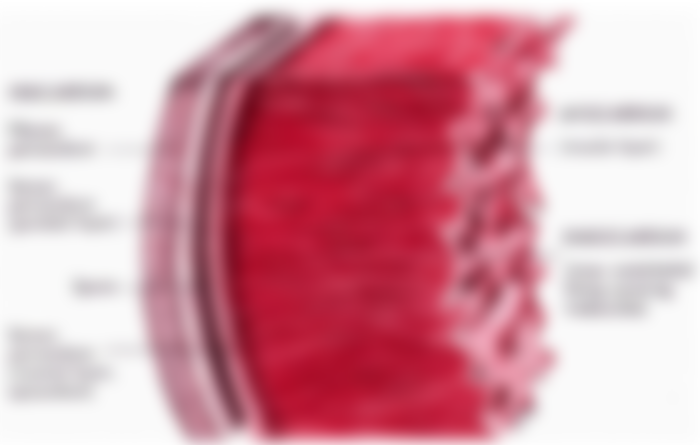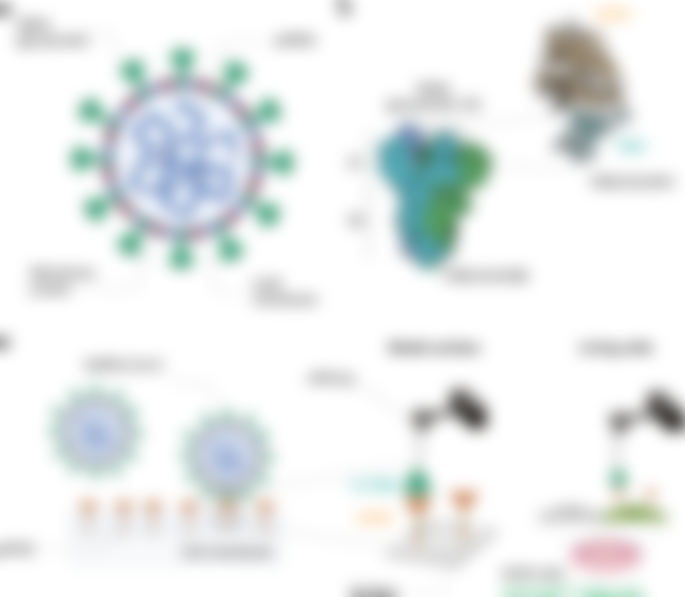Introduction
You may have heard reports of people getting myocarditis after taking the Pfizer or Moderna SARS-COV-2 mRNA vaccines. According to Salah and Mehta (2021), most of the cases arose from the second dose of either Moderna or Pfizer's vaccines. Their database search revealed that the majority of the myocarditis cases do not result in abnormalities in the blood vessel walls.
While it is not a common occurrence, it is a point of contention among the COVID vaccine-hesitant on whether the vaccines are safe or not. For instance, there was a Michigan teenager who did not have any underlying health conditions, but passed away 3 days after receiving his second Pfizer vaccine from heart inflammation. So what is possibly causing these cases of heart inflammation or myocarditis?
What is Myocarditis?
Myocarditis is a combination of the word "myocardium" and the suffix "-itis". The myocardium is the muscular layer of the heart, and is sandwiched between the endocardium (the endothelial, i.e. "inner" wall) and the pericardium, the outer layer. "-Itis" means inflammation. Combine the two and myocarditis means "inflammation of the heart's muscle layer".

There are multiple causes for myocarditis. The myocardium can become inflamed from infection or certain drugs. Regardless of the cause, the result is the same: swelling and thickening of the myocardium. This leads to symptoms such as reduced stroke volume, i.e. the amount of blood the heart can pump out, and arrhythmia.
What Do the SARS-COV-2 Vaccines Have to Do with Myocarditis?
The SARS-COV-2 virus inflicts damage by binding to the host cells' ACE2 receptors and releases its mRNA via endocytosis to use the cells to create more viruses.

However, ACE2 is not the only cell receptor that the SARS-COV-2 spike has affinity for. This other receptor is called CD147 which is found in (but not limited to) cardiac cells, namely cardiac pericytes. Pericytes are cells that surround vessels to protect the endothelial lining, making the vessels less leaky.

When the spike protein binds to CD147, the pericytes undergo signal transduction and release a bunch of inflammatory cytokines like IL-6 and TNF-α. Avolio et al. (2021) performed an in vitro study where it found the spike protein/CD147-induced cytokine storm induced the pericytes to secrete apoptotic factors like caspases. The These are biomolecules that cause a cell to die. If too many pericytes die, then the blood vessel walls will become leaky and non-functional.
The study also stated that it found no evidence of viral infection throughout the pericyte incubation period, suggesting that the cytokine storm does not necessarily require a full SARS-COV-2 virus. In other words, free floating spike proteins that shed off from the virus or spike proteins made from the mRNA vaccines are sufficient enough to induce the physiological response. The study noted that a blocking antibody that prevents the spike protein from binding to CD147 can stop the secretion of cytokines and apoptotic factors.
This also affects the myocardium of the heart as the organ's cells have CD147 receptors, too. To quote from Iacono et al. (2007), "evaluation of diseased and normal myocardium demonstrated CD147 expression in both populations; however, the diseased samples showed significantly higher levels as well as increased MMP expression". If free floating spike proteins enter the bloodstream and reach the heart, they can bind to the cardiac cells, causing them to release cytokines. The cytokines will cause the recruitment of white blood cells, which will lead to swelling. The apoptotic factors will kill the cells, injuring the myocardium.
Closing Thoughts
Overall, cellular damage to blood vessels and cardiac muscle results from the SARS-COV-2 spike protein/CD147 junction inducing cellular signals that secrete inflammatory cytokines and apoptotic factors. This leads to (1) cells dying, making the vessels leaky and the cardiac muscle less functional and (2) swelling as a result of recruitment of white blood cells.
Note that I am just trying to explain the possible mechanism behind why some people end up suffering from heart inflammation after their second doses of the SARS-COV-2 mRNA vaccines. I am, by no means, implying that the mechanism happens to the majority of people who received both doses. However, there is evidence that suggests the spike proteins can cause cellular damage to blood vessels and the heart via CD147 provided that they end up in the bloodstream.
One thing is for sure is there needs to be more research in order to establish (or disprove) a connection between the spike protein/CD147 junction and myocarditis. An abstract from Gundry (2021) hypothesizes that the mRNA vaccines increase the chance of cardiac inflammation and infiltration of T cells in cardiac muscle. To what degree? That's unknown. The best course of action is to consult with your doctor for medical advice, do your own research, and make as informed of a decision as possible.



You know what the last variant will be called? Communism.